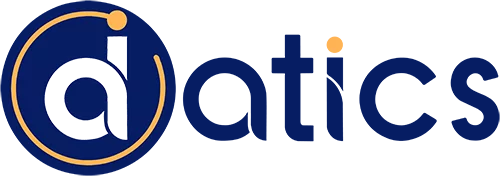
© 2024 | All Right Revered.
Wondering which programming languages hold the key to a successful startup journey?

Founder & CEO | Datics AI
A data scientist turned entrepreneur, on a mission to revolutionize tech ecosystem and empower companies in their digital transformation journey.
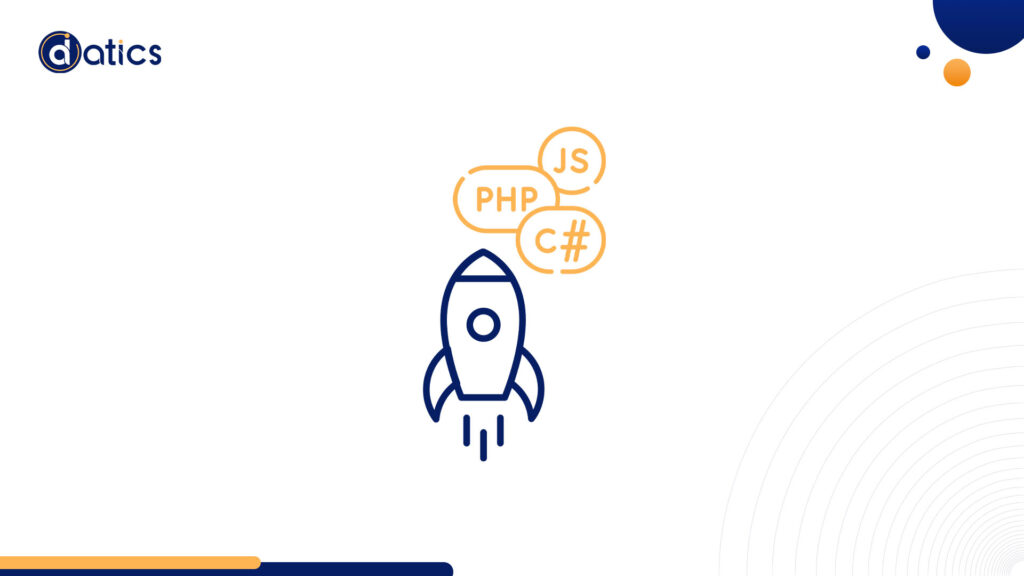
Every year, a whopping 305 million startups are launched all over the world. Launching a startup isn’t an easy feat. It involves making numerous critical decisions, and one of the pivotal choices, especially for tech startups, revolves around choosing the best programming languages. Technology plays a foundational role in most startups today, making the selection of programming languages a significant consideration.
Whether you aim to swiftly develop a minimum viable product (MVP) to attract investors or expedite the release of your final product, the programming languages you opt for will immensely impact your journey.
In this blog, you’ll come across insights into the best programming languages suitable for tech startup ventures. Additionally, there will be tips to help you decide which programming language will suit you and your startup’s needs the best.
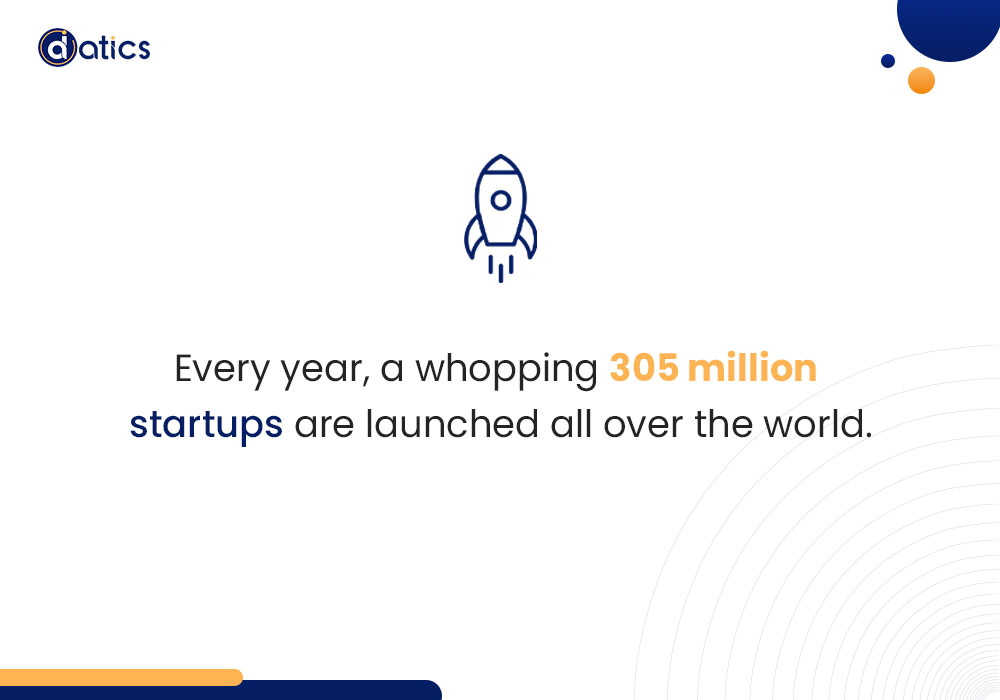
Taking these factors into consideration, the following factors can help you select the right and the best programming language.

Measuring the popularity of a programming language involves assessing its usage statistics, evaluating the strength of its developer community and ecosystem, considering job market demand, and referencing surveys and indexes conducted by industry experts.
Understanding a language’s popularity is essential, as it directly impacts a project’s success. Popular languages typically offer a robust ecosystem, simplify scalability and maintenance, ease the hiring process, keep projects current with industry trends, and ensure compatibility across various platforms, ultimately reducing risks and enhancing project viability.
In this section, we’ve gathered valuable insights into programming languages, tailor-made for non-technical co-founders seeking a deeper grasp of the landscape.
In the preceding section, we’ve gathered valuable insights into the best programming languages, tailor-made for non-technical co-founders seeking a deeper grasp of the landscape.
The TIOBE Programming Community Index provides a window into the world of programming language preferences. It receives monthly updates, scrutinizing key factors such as the global talent pool of skilled engineers, educational offerings, and contributions from third-party vendors.
Drawing from data harnessed from major search engines like Google, Bing, Yahoo!, Wikipedia, Amazon, and YouTube, this index provides valuable rankings. It’s pivotal to underscore that the TIOBE index refrains from crowning a singular “best” programming language; instead, it mirrors usage patterns and draws the interest of enthusiasts. And then it lists down the best programming languages.

The Popularity of Programming Languages (PYPL) index takes an innovative approach, dissecting Google search trends related to language tutorials. The higher the frequency of searches for a particular language tutorial, the higher its perceived popularity climbs among those seeking to learn these best programming languages.

The extensive Stack Overflow Survey, conducted in May 2023 with input from a staggering 87,585 respondents, unveils a rich landscape of developer preferences and practices. An important finding is that JavaScript has remained the most commonly used programming language for a remarkable nine consecutive years. Web development continues to be a popular field for programmers, and Python has now risen to the third position in popularity, surpassing SQL in this ever-changing landscape.
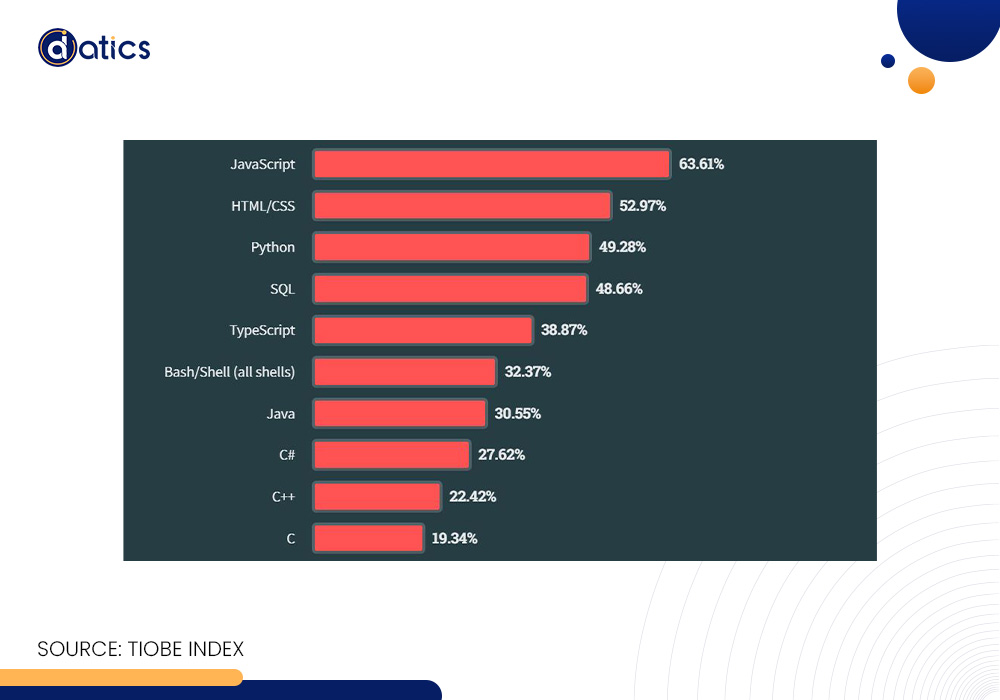
Navigating these insightful surveys and indexes empowers stakeholders to arrive at a wise choice concerning programming languages that harmonize with the vision of their startup endeavors.
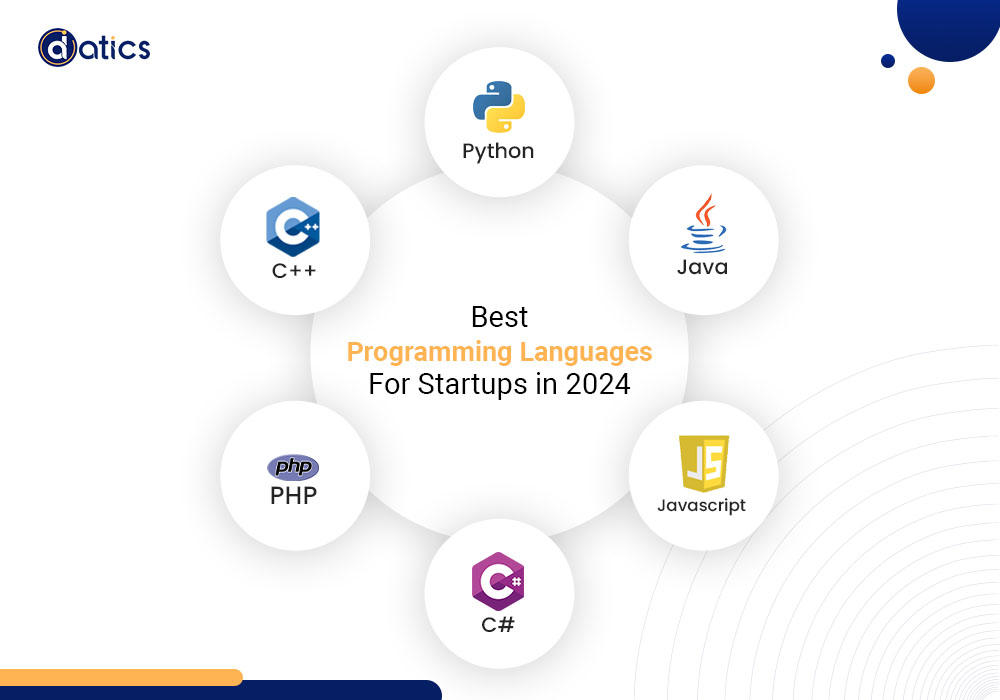
Python, known for its adaptability, counts big names like Facebook, Dropbox, Google, and Netflix among its devoted users. Its defining traits include its simplicity, object-oriented structure, and high-level functionality. With a robust community behind it, Python enables swift and cost-effective development across various fields, making it an ideal choice for startups looking to build a strong foundation without breaking the bank.
Java, a stalwart in the programming realm, has stood the test of time. Startups favor its scalability, ease of use, automatic garbage collection, and ability to work seamlessly across different platforms. Its open-source nature adds to its appeal. Java’s versatility extends to crafting a wide range of products, spanning web and mobile applications. While once the go-to for Android development, Java now shares the spotlight with Kotlin.
JavaScript stands tall in the realm of web development, a vital tool for startups aiming for success. This language powers front-end tasks, creating a wide array of products like websites, mobile apps, games, servers, and presentations. With smooth debugging and easy upkeep, JavaScript empowers dynamic and engaging product creation. Its strong community and abundant resources, including libraries and frameworks, speed up development.
C# is a versatile, object-oriented language widely embraced in general-purpose programming. While it mainly thrives in Windows software, it seamlessly extends to other platforms. Its popularity is backed by robust support and a thriving community, aiding developers with troubleshooting and guidance. From web and mobile apps to its standout role in game development using the Unity game engine, C# offers a broad spectrum of possibilities. Its user-friendly design makes it approachable for both reading and writing code
PHP, a server-side scripting language, offers extensive utility for startups of all sizes. Its versatility shines in crafting dynamic web applications. With its open-source nature and high-performance capabilities, PHP seamlessly aligns with startup needs, speeding up time-to-market with its user-friendly features.
C++, stemming from the C language, stands as a cross-platform, object-oriented, and versatile powerhouse. Recognized for building high-performance applications, C++ excels in various domains, spanning desktop apps, video games, runtime interpreters, and compute-intensive server-based applications. Beyond traditional uses, C++ enhances the tech arsenals of modern projects, supporting startups like Venmo and Lyft.
In the fast-paced world of startups, the choice of a programming language is not a one-size-fits-all decision. As we’ve explored, each language has its strengths and applications, and many successful businesses employ a combination of them to achieve their goals.
When selecting your programming languages, remember that your startup’s mission, objectives, and the skills of your team members are paramount considerations. It’s also crucial to adapt to industry standards while striving to stand out. As your business grows, you’ll likely expand your tech stack and bring in more specialized talent.
In the early stages, you might consider outsourcing to experienced firms that can offer valuable insights into language choices that align with your startup’s unique needs. Ultimately, the right mix of programming languages will be a tailored decision that empowers your startup to thrive in the competitive landscape of today and tomorrow.
Share the details of your project – like scope, timeframe, or business challenges. Our team will carefully review them and get back to you with the next steps!

© 2024 | All Right Revered.
This guide is your roadmap to success! We’ll walk you, step-by-step, through the process of transforming your vision into a project with a clear purpose, target audience, and winning features.